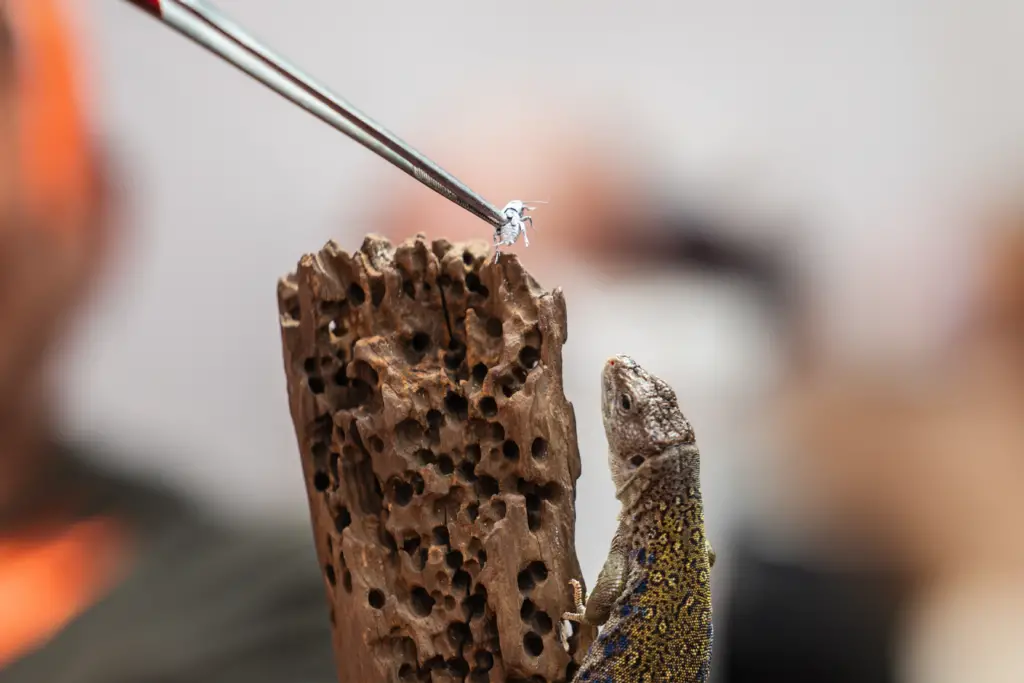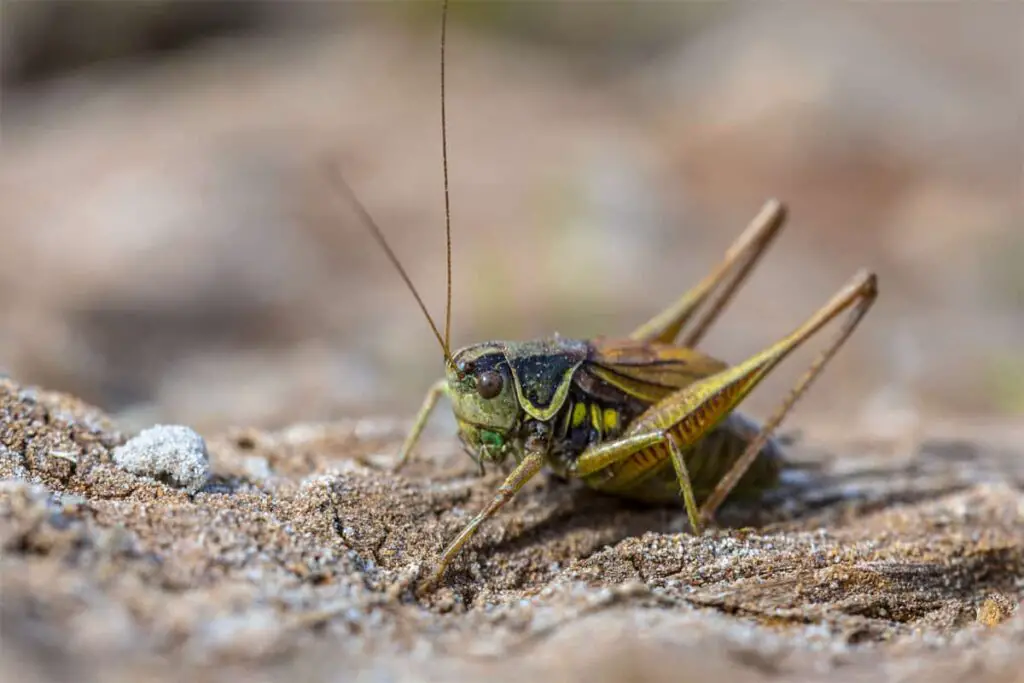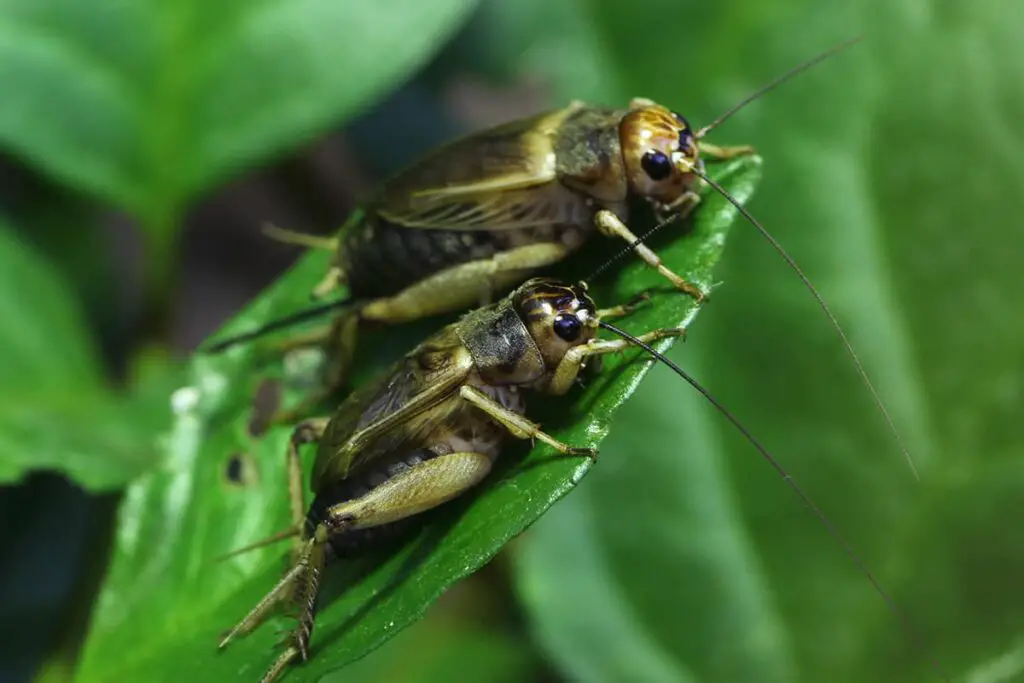
Maintaining a balanced and nutritious diet for your crickets is crucial for their health and in turn, the health of the animals that feed on them. If you keep crickets as feeders for your pets, or simply as chirping companions, you might wonder about the best way to ensure they’re getting all the nutrients they need. Since crickets can’t simply forage for a varied diet in captivity as they do in the wild, it’s up to you to provide them with the necessary supplements.
Enriching your crickets’ diet does more than just keep them alive; it can enhance their nutritional value, making them a more beneficial meal for your pets, like reptiles, amphibians, and birds. Think of supplementation as a two-fold benefit—it’s not just about raising healthy crickets, but also about boosting the health of the animals reliant on them for food. There are specific vitamins and minerals that should make their way into your cricket care routine to achieve this goal.
Adding proper supplements to your crickets’ diet involves more than just sprinkling some random vitamins into their container. It’s about understanding what your crickets need to thrive and, in turn, what your pets need for optimal health. From calcium-rich products tailored to promoting bone health to vitamin-enriched feeds formulated to increase their fatty acid profile, introducing the right supplements into their diet will ensure that your crickets are well-prepared to serve their purpose as a top-tier nutritional source for your beloved animals.
Essential Nutrients for Crickets
Providing your crickets with a balanced diet is key to maintaining their health and, if you’re using them as feeder crickets, the health of the animals that eat them.
Proteins and Amino Acids
Proteins are crucial for the growth and development of crickets. They need a diet rich in amino acids, which are the building blocks of proteins. Look for foods that have a high protein content, like alfalfa meal or soybean meal, to ensure your crickets are getting enough for their needs.
Vitamins
Vitamins are essential for the well-being of crickets. They require vitamins such as A, B, D, E, and K for optimal health. Specifically, Vitamin A is important for their vision, while B vitamins are vital for energy metabolism. You might consider feeding your crickets fruits and vegetables to supplement these vitamins.
Minerals
Crickets require various minerals such as calcium, potassium, and magnesium for vital physiological functions. These minerals support everything from muscular health to egg development. Including calcium-rich foods like leafy greens can help fulfill these mineral needs.
Fats and Fatty Acids
While fats should be given in moderation, fats and fatty acids are important for a cricket’s diet. They provide energy and are necessary for the absorption of fat-soluble vitamins. Foods that contain healthy fats, such as certain seeds or grains, can be beneficial when fed appropriately.
Supplement Types and Forms
To ensure your crickets are healthy and nutritious for your pets, you’ll need to include a range of supplements in their diet. These will maximize their nutritional value.
Commercial Diets
Commercial cricket diets are formulated to include all the necessary nutrients your crickets need. These pre-packaged foods often have a blend of grains, proteins, and vitamins, ensuring a balanced meal for your feeder insects.
Vegetable and Fruit Supplements
Adding fresh vegetables and fruits to your crickets’ diet can provide extra vitamins and minerals. Ideal choices are carrots, squash, and leafy greens. Remember, fresh produce helps with hydration but should be provided in moderation to prevent mold.
Calcium and Vitamin Supplements
Calcium and vitamin supplements, especially vitamin D3, are critical for the health of insectivorous pets. You can dust your crickets with a calcium supplement before feeding them to your pet to prevent calcium deficiencies.
Feeding Strategies
In managing your cricket’s diet, consider gut loading and dusting as supplementary methods. Additionally, adhering to a regular feeding schedule ensures their nutritional needs are met.
Gut Loading
Gut loading is about enriching your crickets with nutrients 24-48 hours before they are fed to your pets. This process involves feeding your crickets high-quality foods that are beneficial for the animal that will eat them. For example, you can give your crickets a combination of fruits, vegetables, and grains, but remember to include a nutritional supplement to compensate for any potential dietary deficiencies.
Dusting
Dusting refers to lightly coating your crickets with a fine, supplemental powder just before they are eaten. This powder typically contains essential vitamins and minerals, such as calcium or vitamin D3. To dust your crickets, simply place them in a bag with the supplement powder and give it a gentle shake to ensure they’re evenly covered.
Feeding Schedules
Establishing a consistent feeding schedule is vital for maintaining healthy, nutritious crickets. You should feed your crickets daily with a core diet of grains, fruits, and vegetables, and introduce supplements periodically. If you opt for dry feed, consider a blend of chicken starter and a gut load formulation, supplemented with items like dried pumpkin powder for additional nutrition.
Frequently Asked Questions
Before diving into your crickets’ dietary needs, it’s crucial to understand the specifics of a balanced diet to maintain their health and nutrition, especially if they are meant for feeding to your pets like bearded dragons.
What are appropriate food choices to keep crickets healthy for bearded dragons?
To keep crickets healthy as feed for bearded dragons, provide a mix of grains, fruits, and vegetables. Ensuring a diverse diet will help maintain the crickets nutritional value, which is directly passed on to your pet. Learn more about a balanced cricket diet at Understanding Cricket Dietary Needs.
How can I ensure a nutritious diet for feeder crickets?
Feeder crickets require a diet that includes protein, grains, and produce for optimal health. To avoid nutritional deficiencies, consider adding a nutritional supplement for any missing gaps.
What type of hydration do crickets require to thrive?
Crickets need access to moisture for hydration, but standing water can be hazardous. Instead, offer hydrated gel beads or fresh slices of water-rich fruits to provide adequate hydration while minimizing the risk of drowning.
What are common foods to avoid when feeding crickets?
While crickets can eat a variety of foods, avoid giving them anything high in fat, unhealthy table scraps, or onions and garlic which can be toxic. Stick to healthy produce and grains to ensure their safety and health.
What fruits are suitable for a cricket’s diet?
Crickets can enjoy several fruits such as oranges, apples, and bananas. Ensure to provide fresh fruit pieces and remove them if not eaten quickly to prevent mold.
How can I gut load crickets effectively before feeding them to my pets?
Gut loading is the process of feeding crickets highly nutritious foods before they are given to your pets, thus enhancing their nutritional value. For effective gut loading, provide crickets with a mix of high-calcium and vitamin-rich foods 24-48 hours before feeding them to your pets.
Driven by a passion for those tiny creatures that rule our world, we at Bug Domain strive to be your go-to resource for information on insects.



